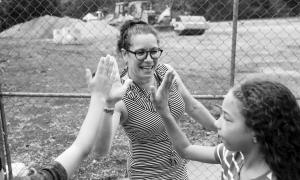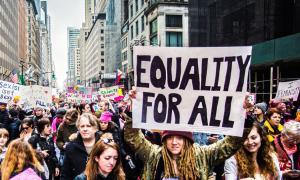article
Toxic Masculinity Is Bad for Everyone: Why Teachers Must Disrupt Gender Norms Every Day

While we as a society work together for solutions to end mass violence, we educators need to rethink how we teach masculinity through our deeds and actions.

